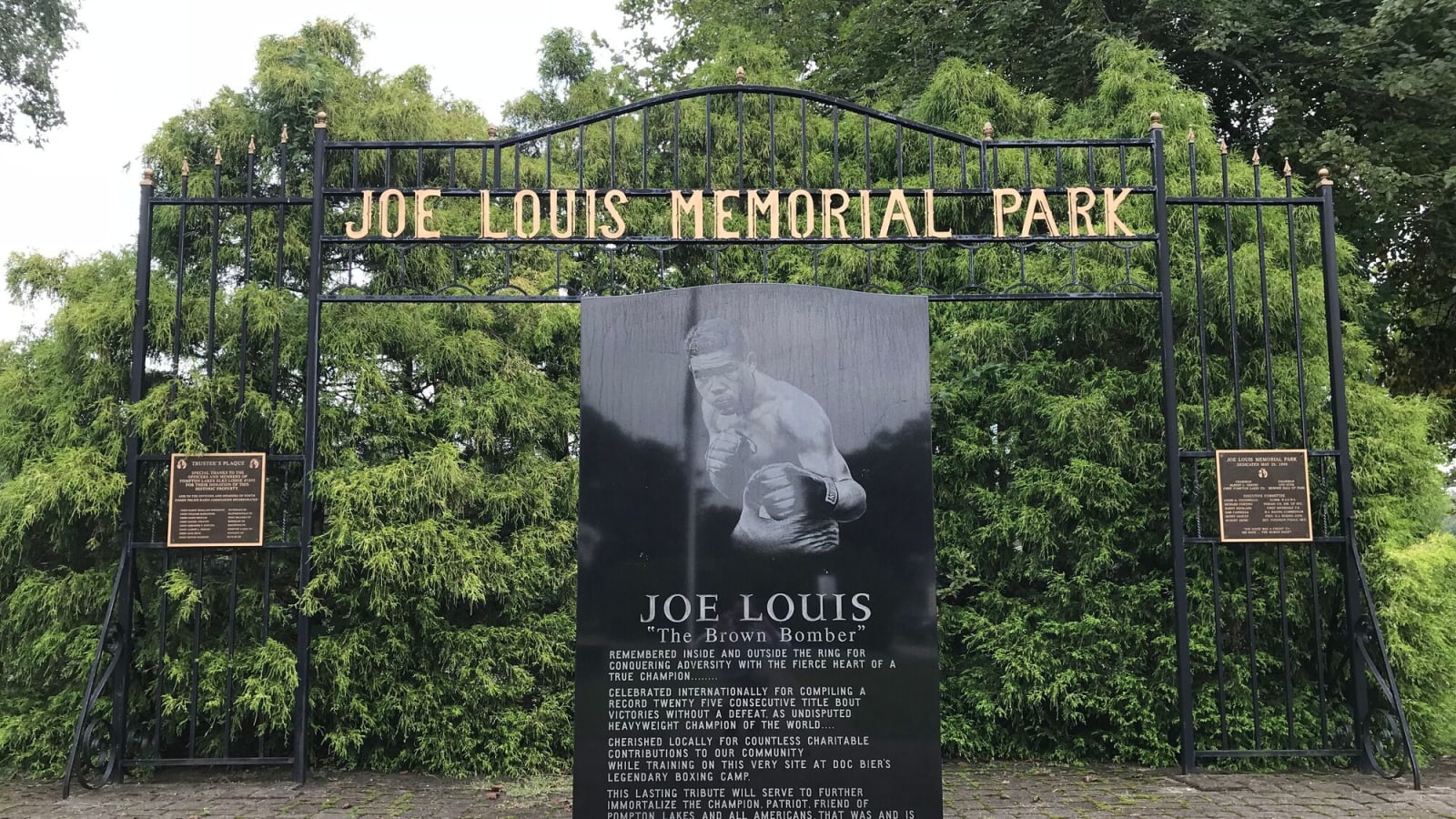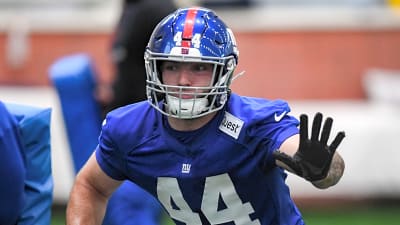
January 9, 1942, was barely a month since Pearl Harbor was attacked and America was at war.
But the walls of the Madison Square Garden arena in New York City resounded with a rather unseen cheer. Crowds thronged the packed rows to witness one of the most highly anticipated rematches of that time. ‘The Brown Bomber’ Joe Louis (66-3, 52 KOs) was the reigning gargantuan of the heavyweight division. One of the most influential figures in the sport since Jack Dempsey graced the ring almost 20 years prior. Louis, who had been the NYSAC, NBA and The Ring Heavyweight champion since June 1937, was gearing up for his 20th title defense.
His opponent was the towering titan Buddy Baer (57-7-2, 53 KOs). At 6’7”, he loomed over 6 ½ inches over Louis. Baer had previously fought Louis for the title in 1941 and had pushed him to the edge, even knocking Louis out of the ring. However, the champ returned with a vengeance and dished out three consecutive knockdowns. Baer who claimed that the third knockdown came after the bell, was disqualified for not resuming the fight.
With the drama still afresh in their minds, the rematch was one that the fans were looking forward to seeing. There was an estimated crowd of 19,000 at the rematch, an undoubtedly large number for the time.
Louis largely changed his strategy for this fight and gave Baer no time to react. He swiftly dished out a knockdown, followed by an even more devastating second one. The volley of punches and a devastating left hook paved the way for a nine count. Battered and bruised, Baer got up to his feet, only to be downed for the third time in the first round. He was unable to get up after the count, declaring Louis the winner by knockout.
Following the fight, Baer was all praise for his opponent’s skillset. “The only way I could have beaten Louis that night was with a baseball bat,” he said.
The Aftermath
The fight was also a charity bout for the Navy Relief Society. The champ donated his entire fight purse of $47,000 to the fund. Moreover, the very next day after the fight, Louis volunteered to enlist as a private in the United States Army at Camp Upton, Long Island. During the war, he fought 96 exhibition matches before over two million troops, donating over $100,000 to Army and Navy Relief efforts. After the war, he defended his title 6 more times before losing it to Ezzard Charles in 1950.
More must-reads:
- Five numbers to know before Game 7 of NBA Finals
- Dale Earnhardt Jr. batting a thousand as a NASCAR crew chief
- The 'Most home runs in a season by MLB franchise' quiz
Breaking News
Trending News
Customize Your Newsletter
 +
+
Get the latest news and rumors, customized to your favorite sports and teams. Emailed daily. Always free!








